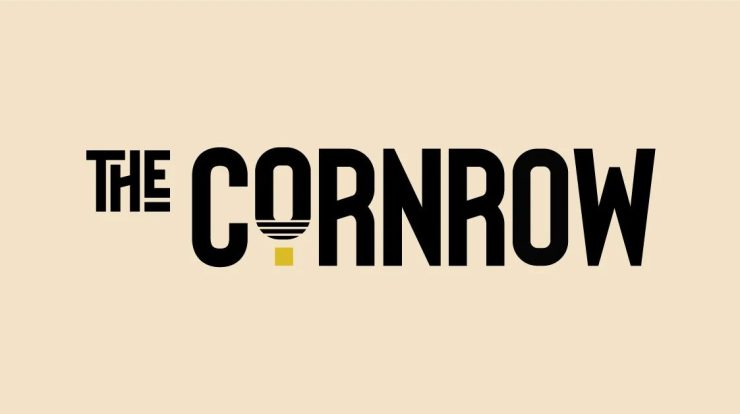Embark on an intellectual journey through the french revolution history channel worksheet answers, a comprehensive guide that unravels the complexities of a transformative period. This meticulously crafted resource provides an immersive exploration of the French Revolution, its causes, key figures, and lasting impact on society and politics.
Delve into the depths of historical events, analyze primary sources, and engage in critical discussions that illuminate the significance of this pivotal era.
1. The French Revolution
Historical Overview
The French Revolution, a pivotal event in world history, unfolded in France from 1787 to 1799, marking a profound transformation in the nation’s political, social, and cultural landscape. The revolution’s origins lie in a complex interplay of economic, social, and political factors that had been brewing for decades.
Key Events and Timeline
- 1789:Estates-General convened; Storming of the Bastille; Declaration of the Rights of Man and of the Citizen
- 1792:Monarchy abolished; First French Republic established
- 1793:Reign of Terror begins; Louis XVI and Marie Antoinette executed
- 1799:Napoleon Bonaparte seizes power; end of the French Revolution
Impact on French Society and Politics
The French Revolution had a profound impact on French society and politics, leading to:
- The abolition of the monarchy and the establishment of a republic
- The creation of a new social order based on equality and merit
- The spread of revolutionary ideas and ideals throughout Europe
2. The French Revolution
Key Figures
Numerous individuals played pivotal roles in shaping the course of the French Revolution, including:
Maximilien Robespierre
A radical Jacobin leader, Robespierre played a central role in the Reign of Terror, advocating for the execution of Louis XVI and Marie Antoinette.
Jean-Paul Marat
A journalist and revolutionary, Marat’s radical writings incited the masses and contributed to the outbreak of violence.
Napoleon Bonaparte
A military general who rose to power during the Directory, Napoleon ultimately seized power in a coup and established the French Empire.
3. The French Revolution
Causes and Consequences
Economic Factors
- Economic inequality between the wealthy elite and the impoverished masses
- High taxes and rising bread prices
- Agricultural crisis due to crop failures
Social Factors
- A rigid class system that prevented social mobility
- Growing resentment towards the aristocracy and clergy
- The rise of a new middle class
Political Factors
- A weak and indecisive monarchy
- Financial crisis and government debt
- Enlightenment ideas emphasizing liberty, equality, and popular sovereignty
Short-Term Consequences, The french revolution history channel worksheet answers
- Overthrow of the monarchy and establishment of a republic
- Reign of Terror and execution of thousands of people
- Political instability and civil war
Long-Term Consequences
- Spread of revolutionary ideas throughout Europe
- Abolition of feudalism and establishment of a modern nation-state
- Inspiration for future revolutions and social movements
Key Questions Answered: The French Revolution History Channel Worksheet Answers
What are the key causes of the French Revolution?
Economic inequality, social stratification, and political grievances played significant roles in triggering the French Revolution.
Who were some of the most influential figures during the French Revolution?
Louis XVI, Marie Antoinette, Robespierre, Danton, and Napoleon Bonaparte were among the most prominent figures shaping the course of the revolution.
What were the short-term and long-term consequences of the French Revolution?
The revolution led to the overthrow of the monarchy, the establishment of a republic, and the spread of revolutionary ideas across Europe. Its long-term impact includes the rise of nationalism, the development of democratic principles, and the transformation of social and political structures.

